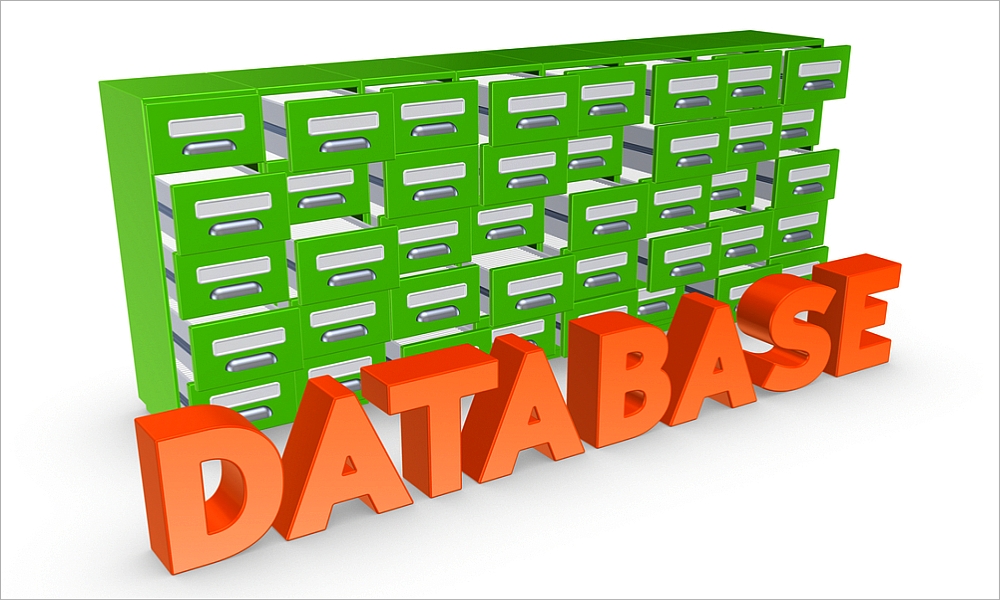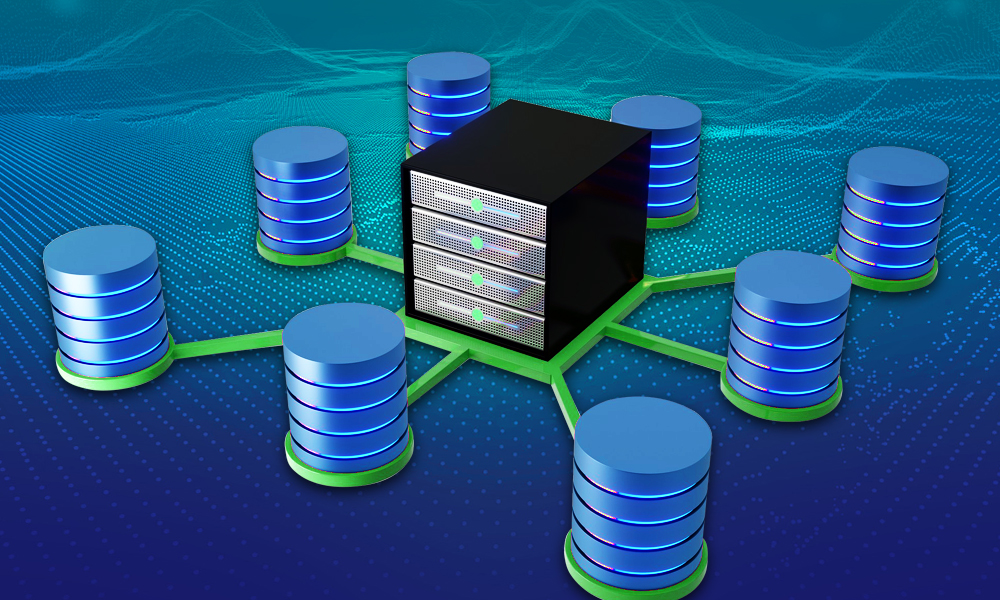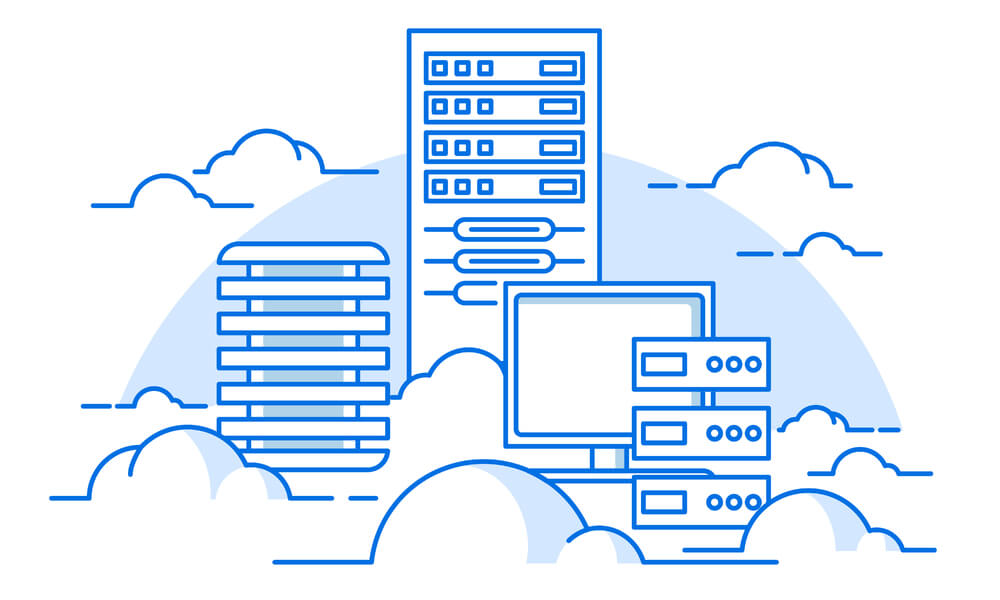In today’s data-driven world, having the right database management system (DBMS) is critical for any business. Whether you are a startup, small business, or enterprise, managing and organizing your data efficiently is key to improving operations and increasing revenue. However, with so many options available in the market, choosing the right DBMS can be overwhelming. In this guide, we will help you understand the factors to consider when choosing a database management system that best fits your business needs.
- Understand Your Business Needs
The first step in choosing a DBMS is to understand your business needs. What kind of data do you collect, process, and analyze? What is the volume of data you deal with regularly? How many concurrent users do you have? What is the level of security and compliance requirements for your data? Answering these questions will help you narrow down your options and choose a DBMS that meets your specific requirements.
- Types of DBMS
There are four types of DBMS: relational, NoSQL, column-family, and in-memory. Each of these databases has their advantages and disadvantages, and it is important to understand their suitability for your business.
Relational databases are suitable for businesses dealing with structured data and require ACID compliance, consistency, and accuracy. NoSQL databases are ideal for unstructured data such as social media, IoT, and Big Data. Column-family databases are best suited for a large amount of data with varying fields. In-memory databases are ideal for businesses requiring real-time analysis and processing of large data sets.
![]()
- Scalability
As your business grows, so does your data. Your DBMS must be scalable to handle the increasing volume of data and concurrent users. Relational databases have vertical scalability, meaning you can add more resources to a single server. In contrast, NoSQL databases have horizontal scalability, meaning you can add multiple servers to handle the load.
- Cost
DBMS comes in different pricing models, such as open-source, freemium, and proprietary. Open-source databases such as MySQL and PostgreSQL are free and have large communities to support you. Freemium databases such as MongoDB and Cassandra offer free and paid versions with additional features. Proprietary databases such as Oracle are expensive but offer better support and advanced features.

- Security and Compliance
Data security and compliance are non-negotiable for any business. Your DBMS must meet your organization’s security and compliance requirements. Choose a DBMS that has high-level encryption, multi-factor authentication, and access control. Also, ensure the DBMS is compliant with regulations such as GDPR, HIPAA, and PCI DSS.
Choosing the right database management system is a critical decision for any business, and the above factors will help you select the best DBMS that suits your business needs. Whether you are looking for a Relational Database, NoSQL, Column-Family, or In-Memory, it is important to conduct proper research before making a decision. A good DBMS will improve your data management efficiency, provide scalability, security, and ensure regulatory compliance.





